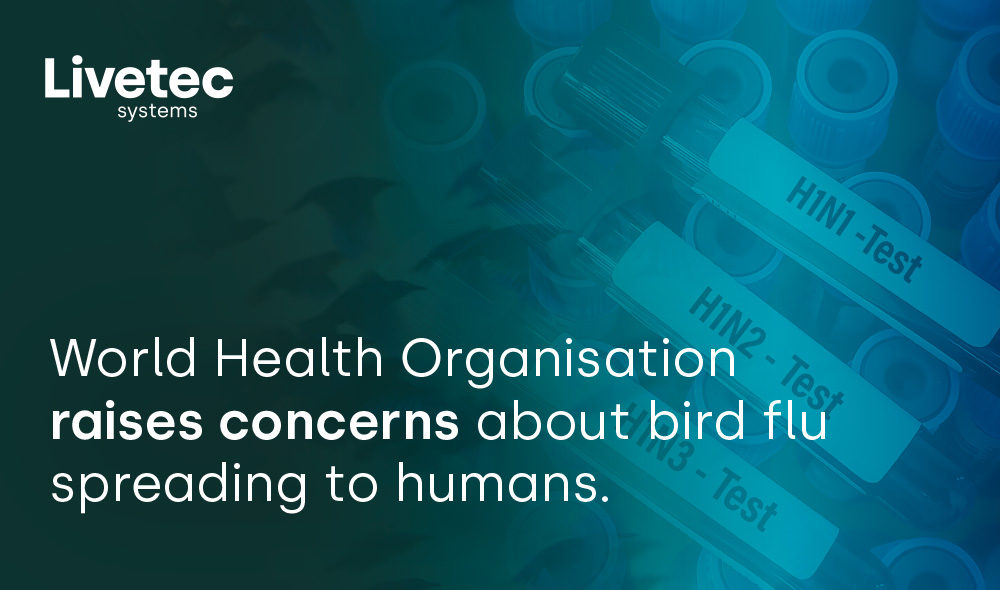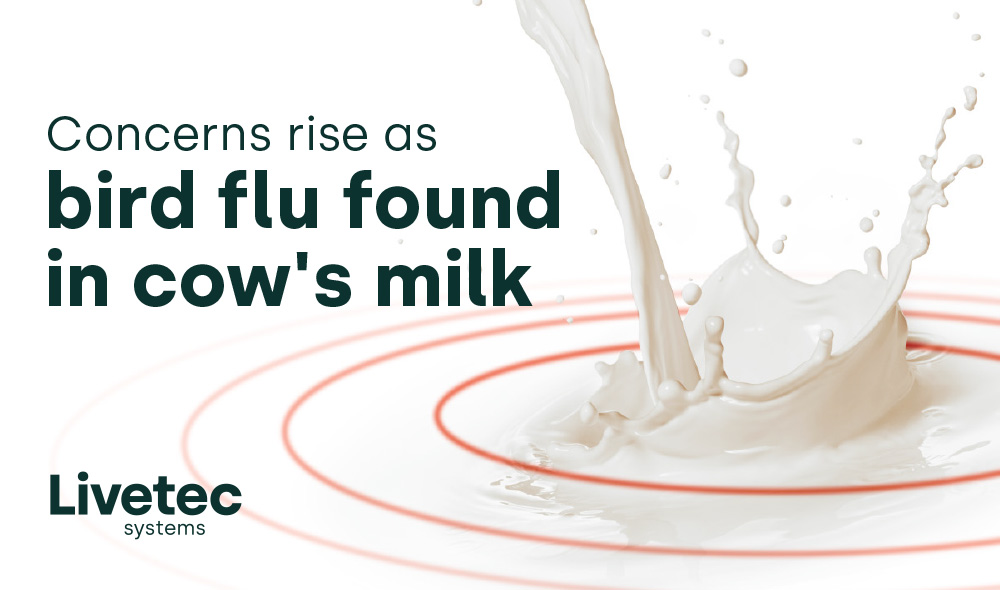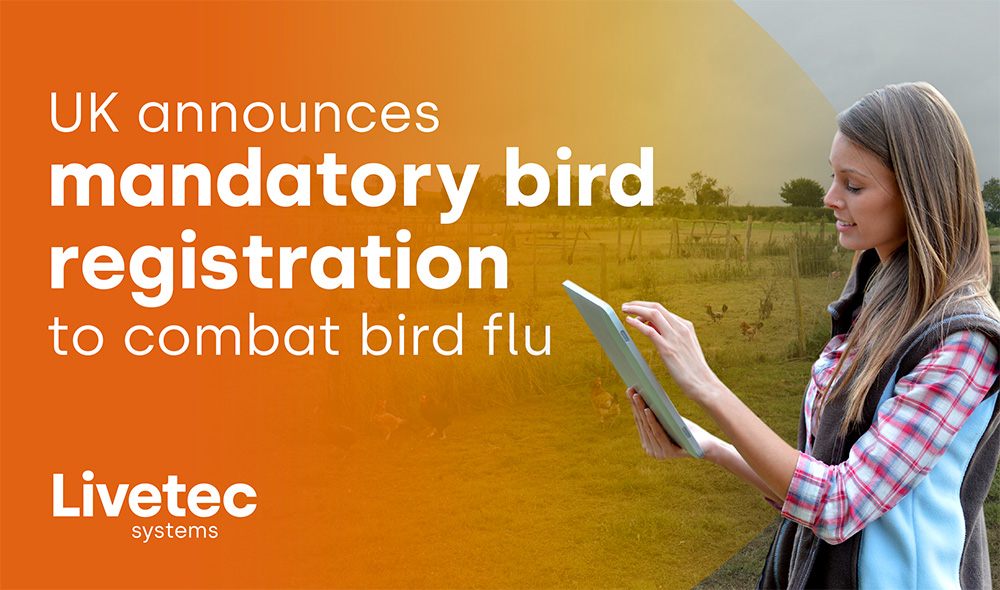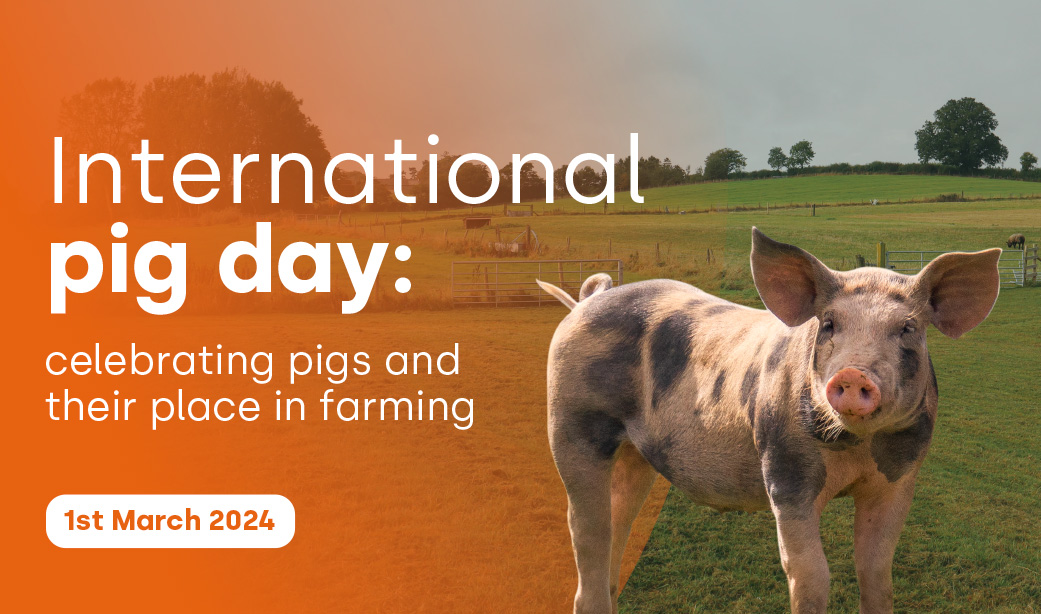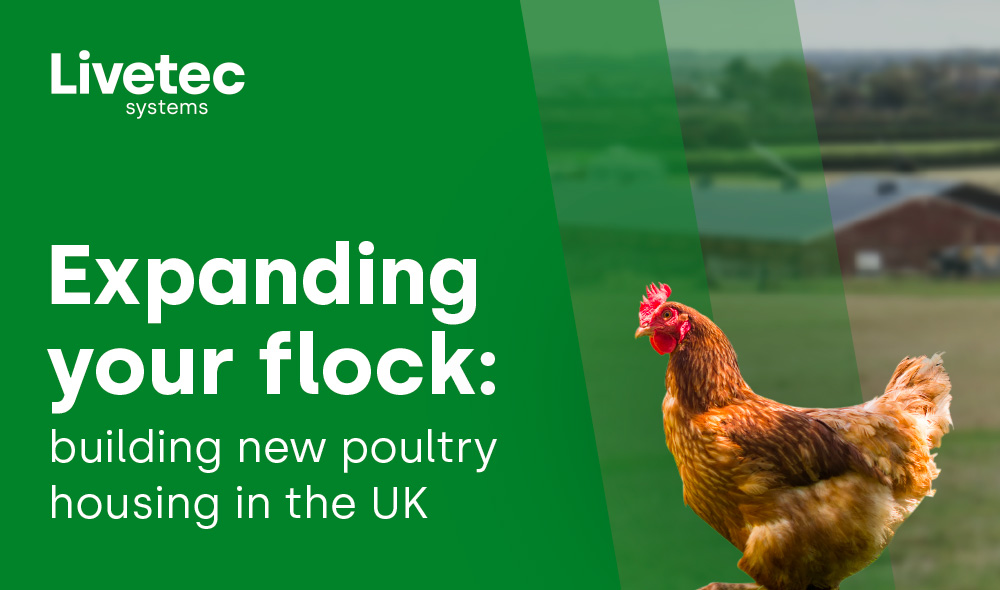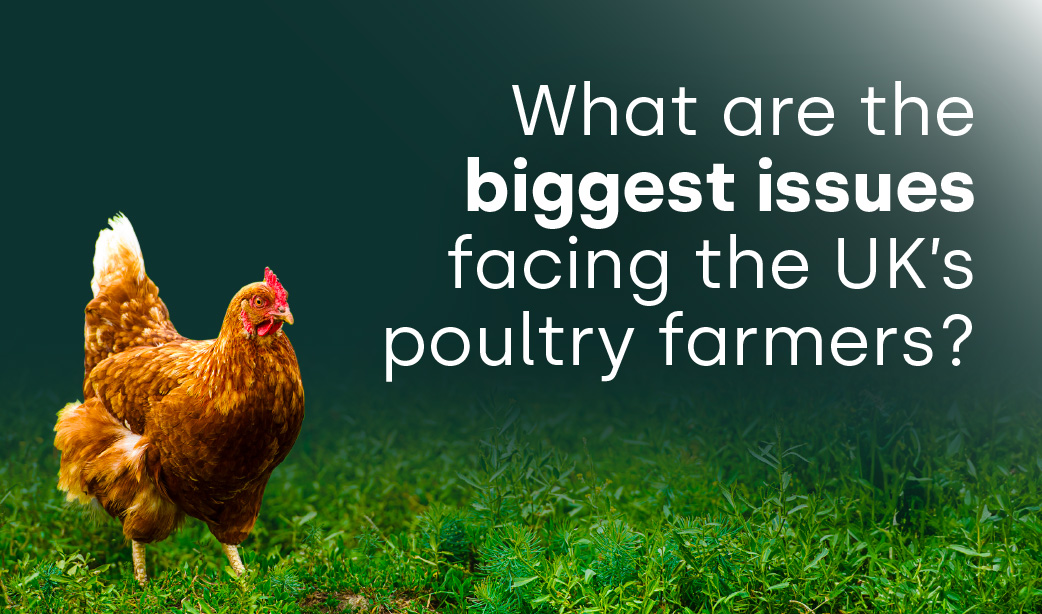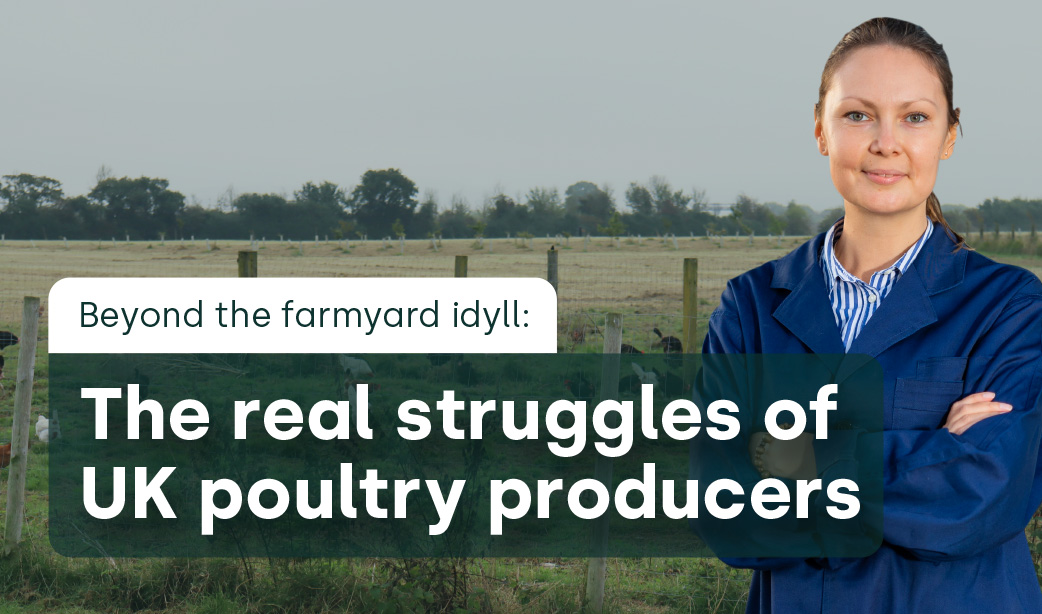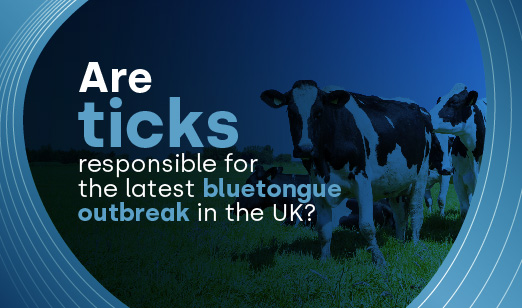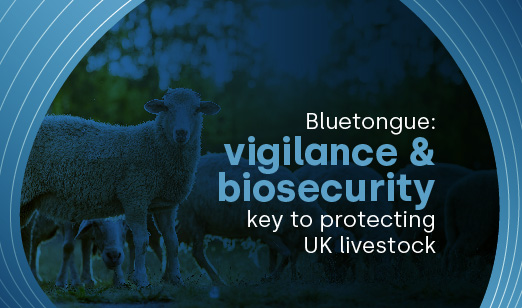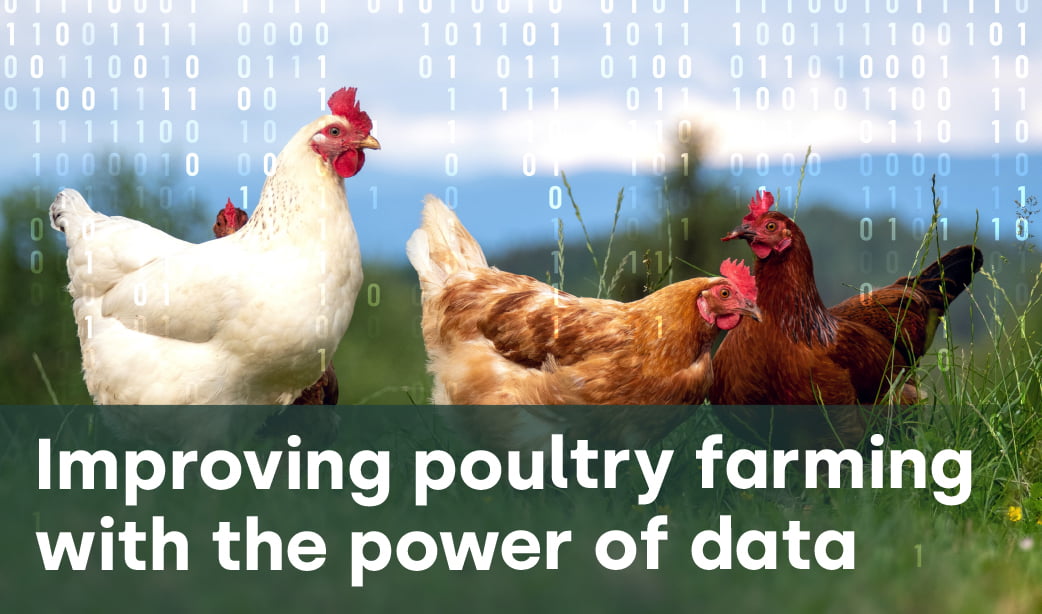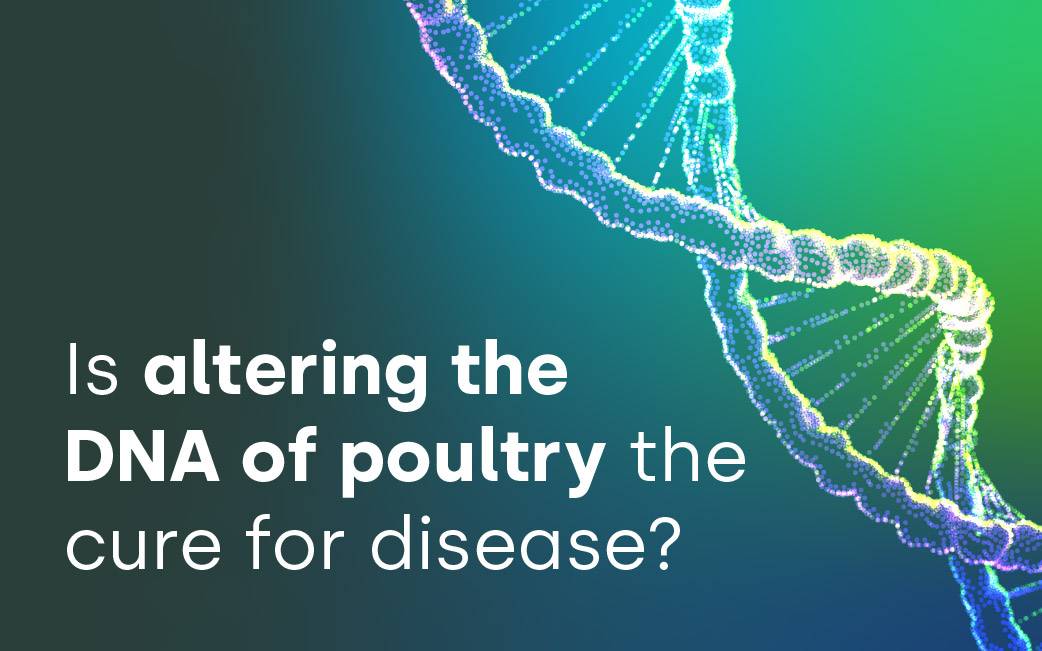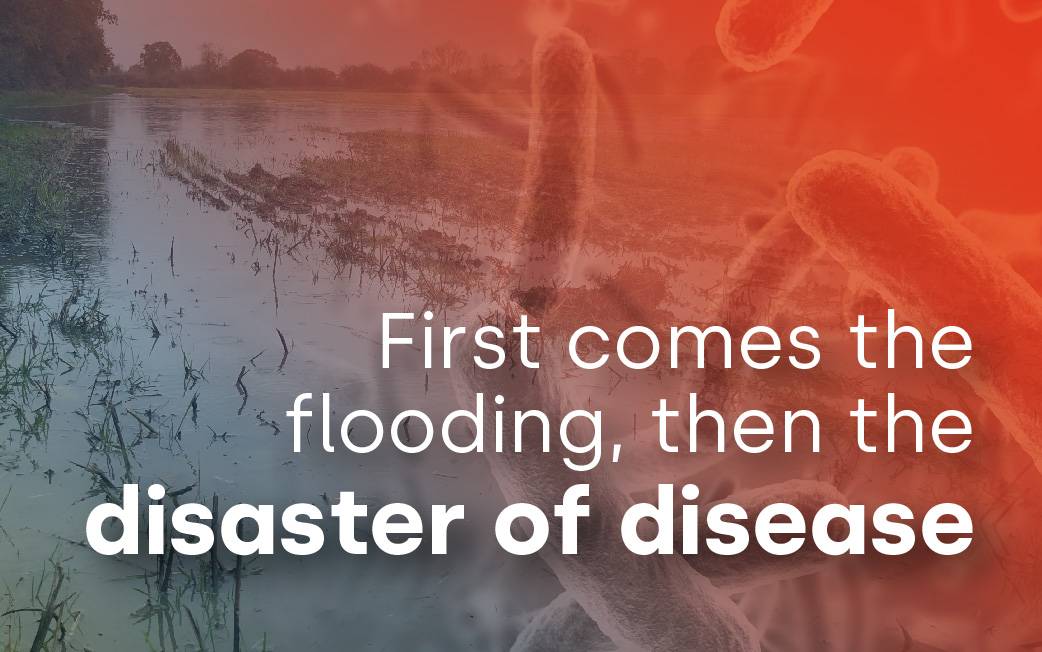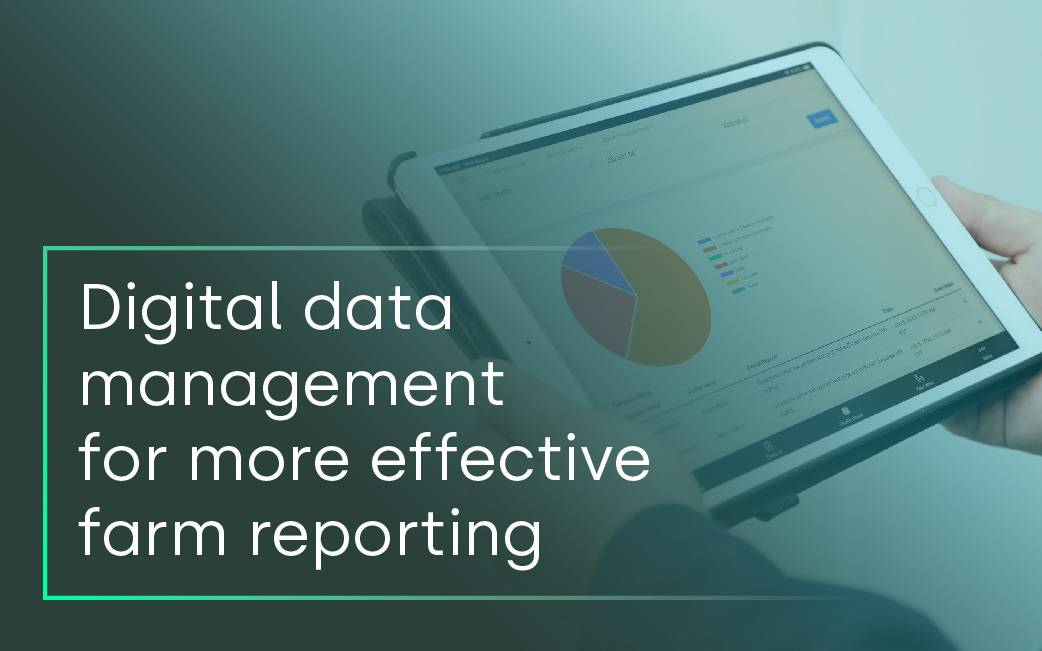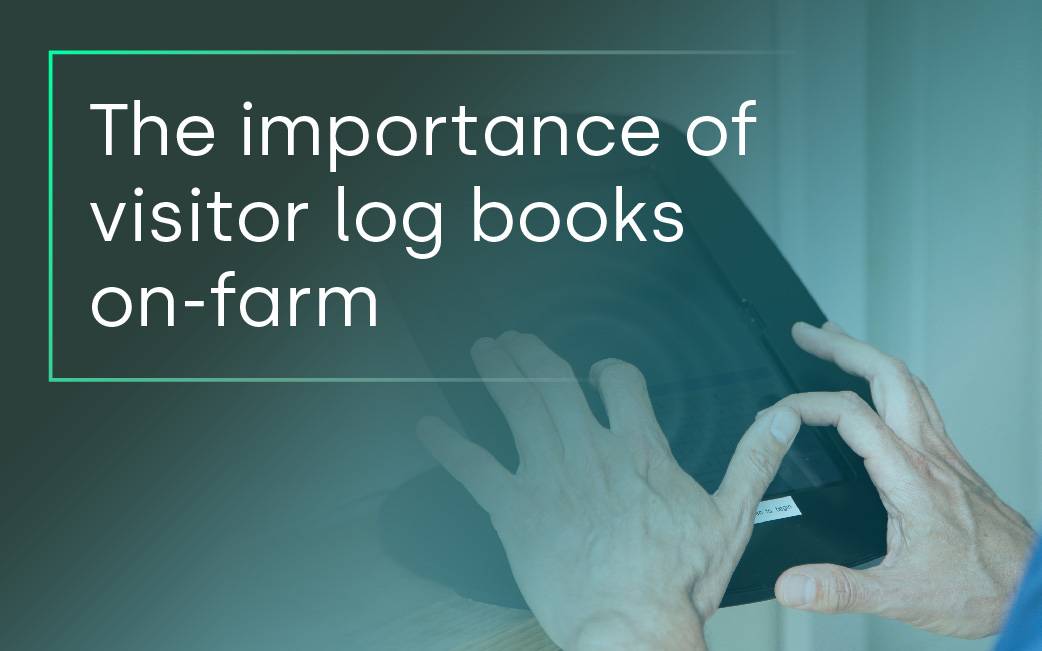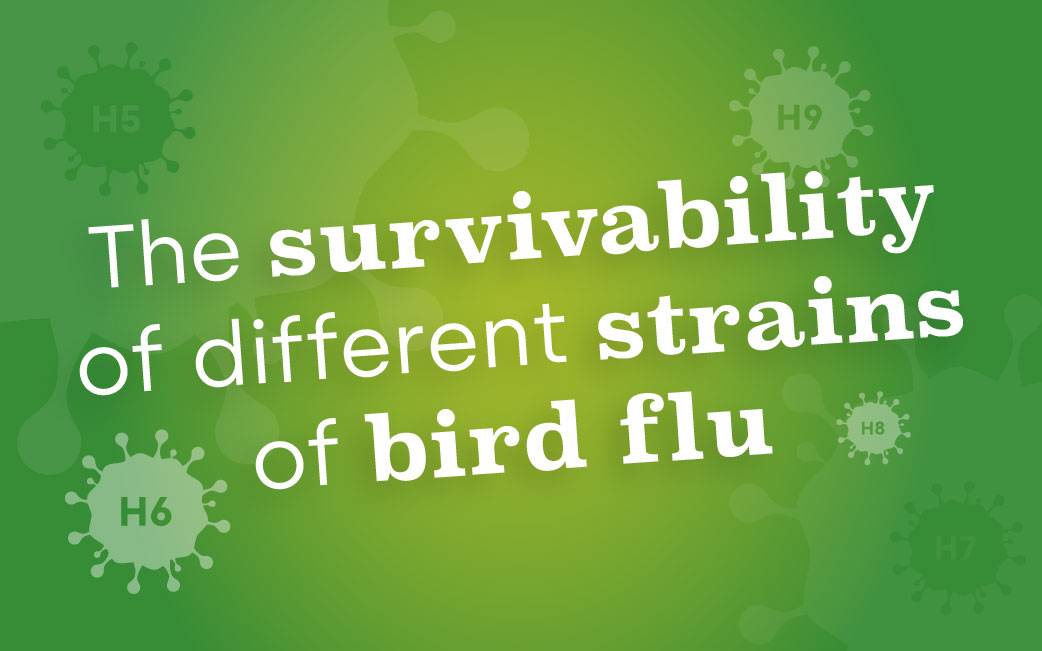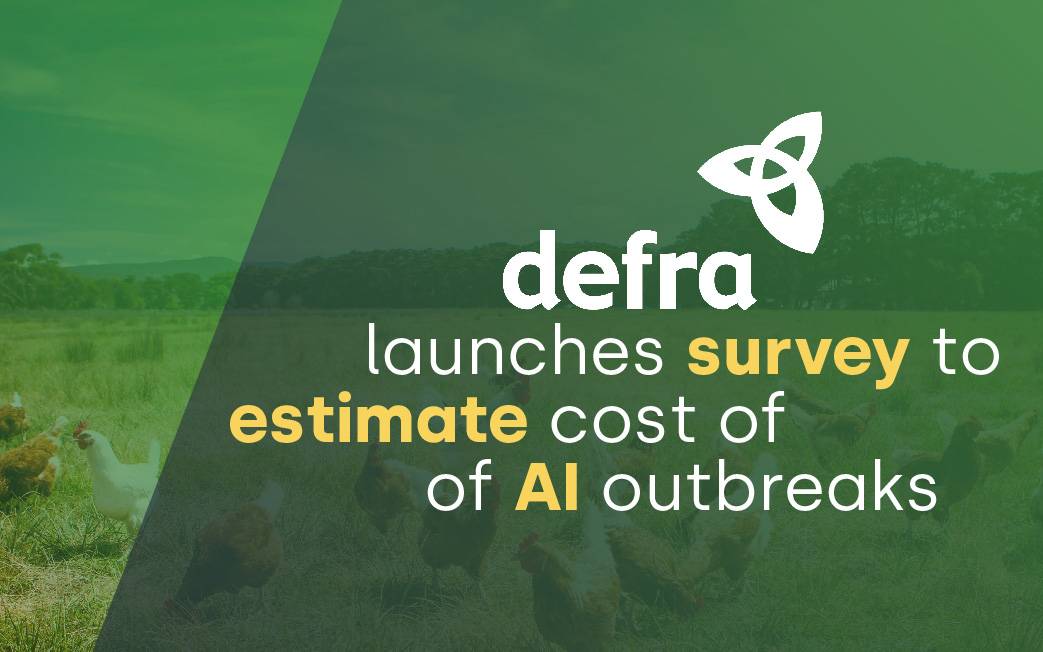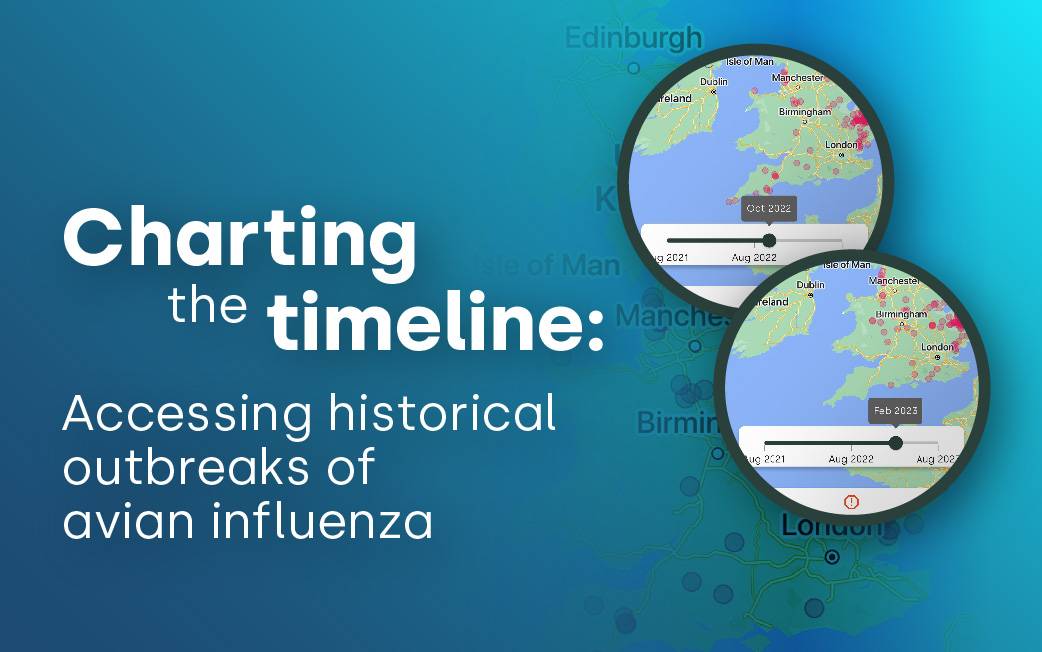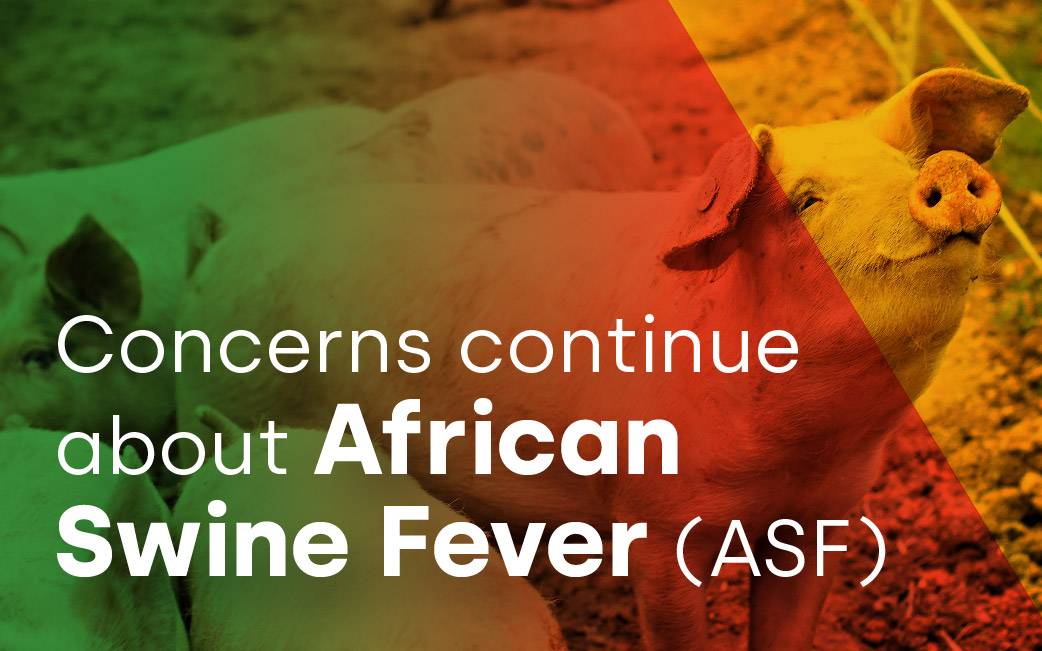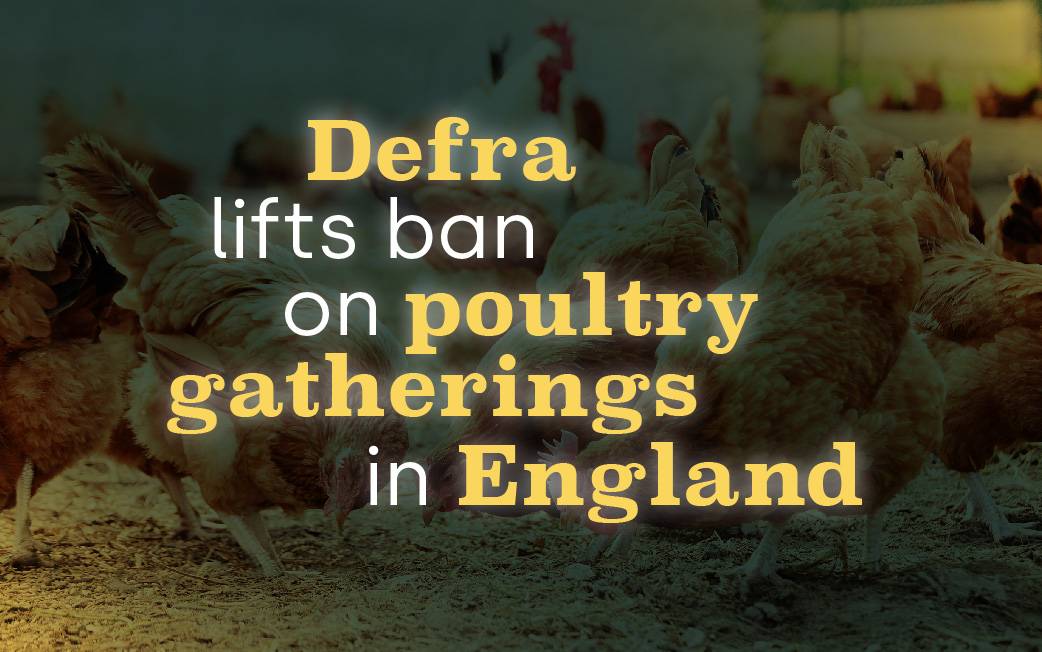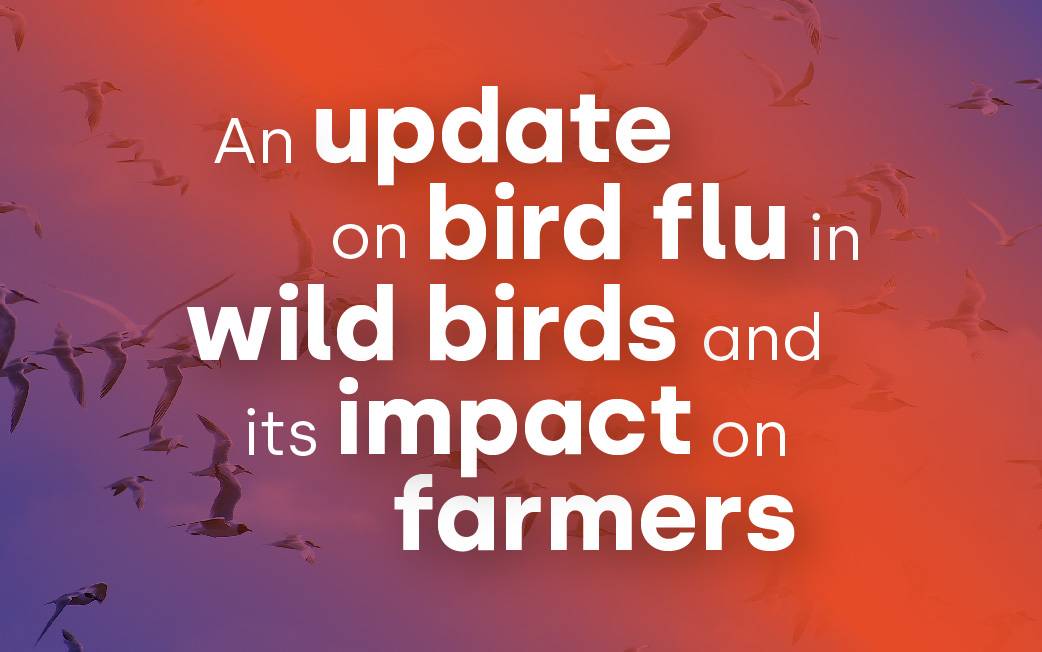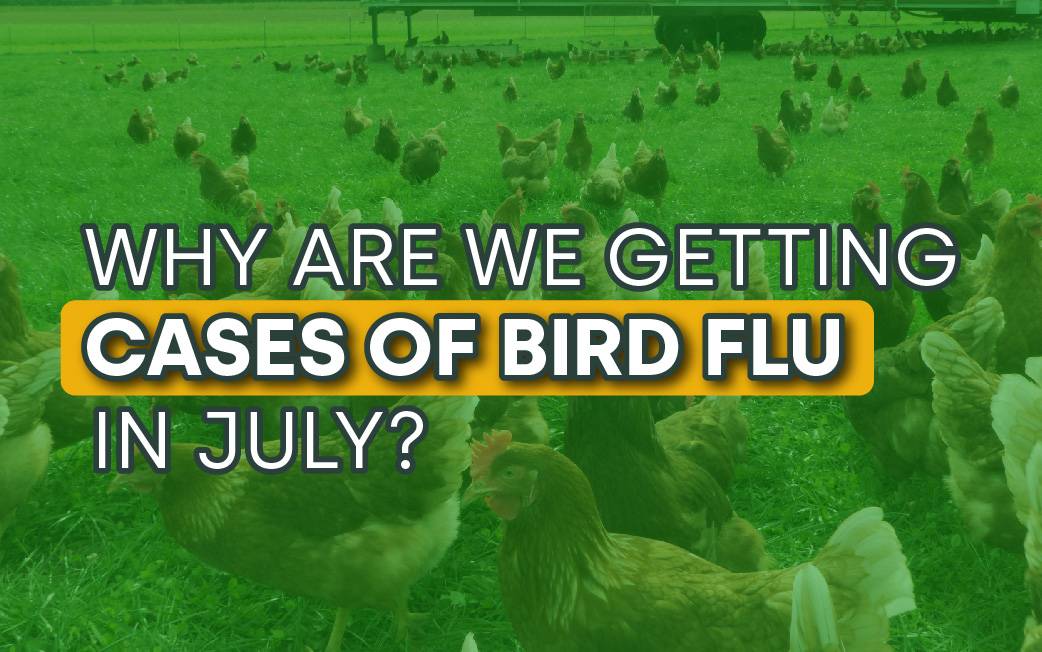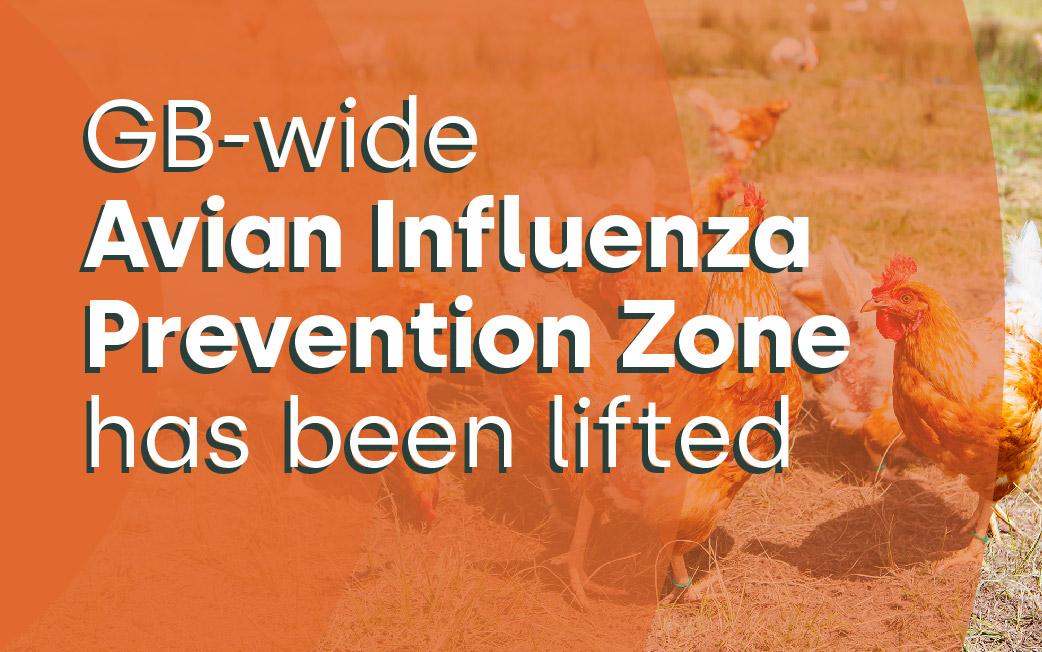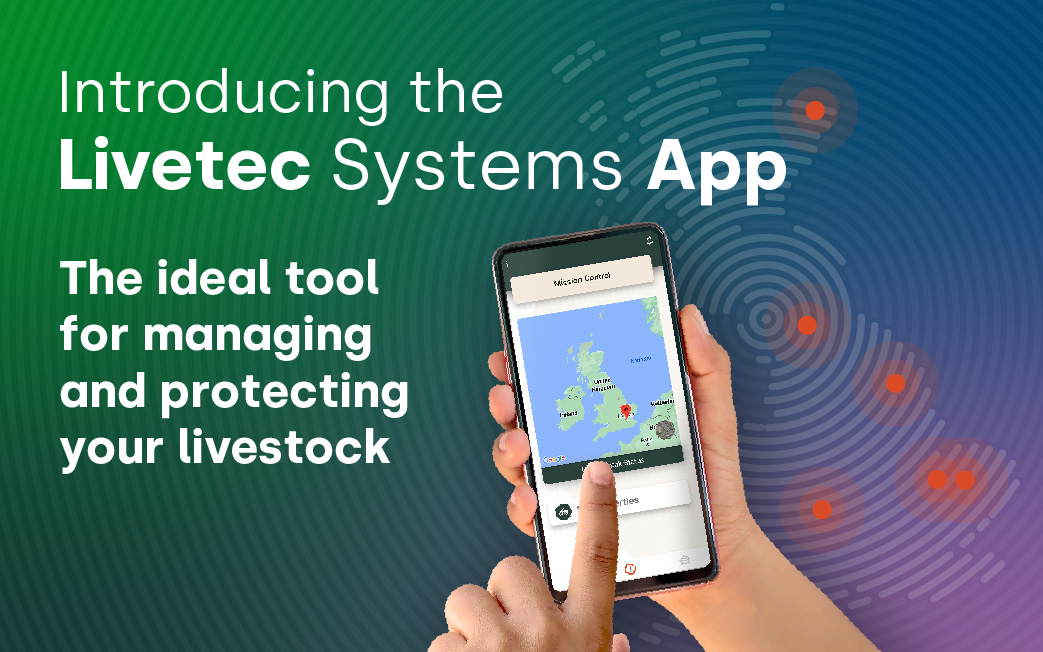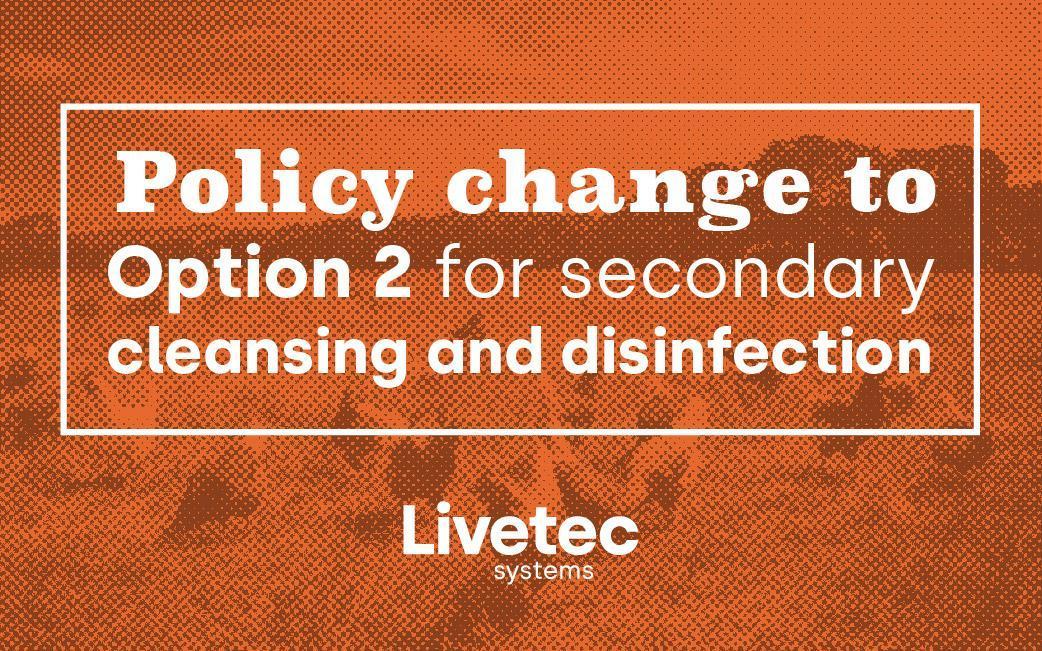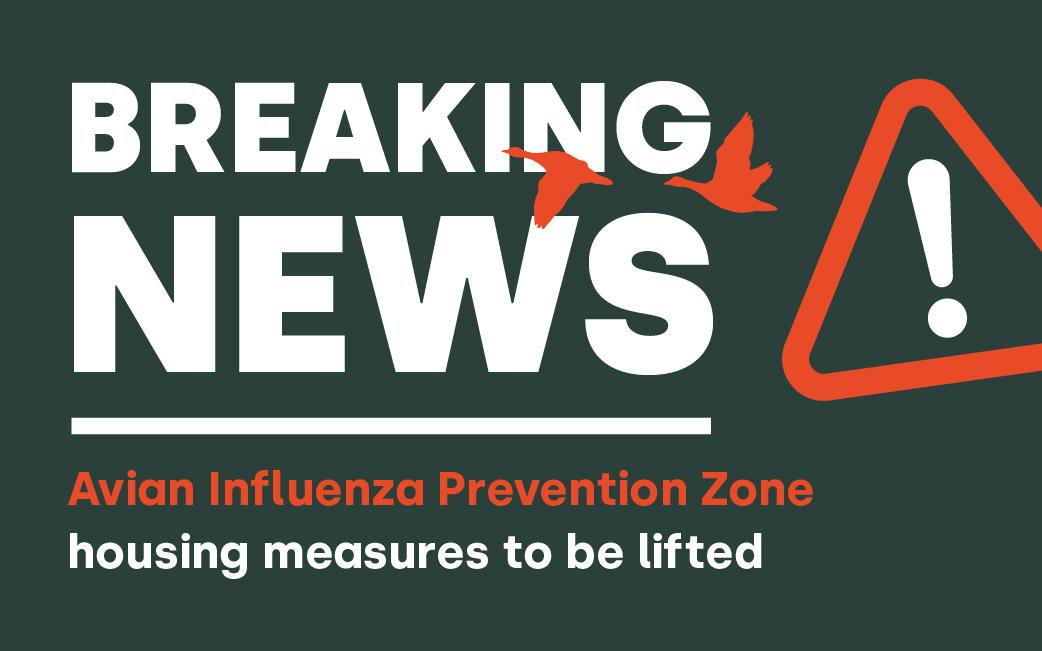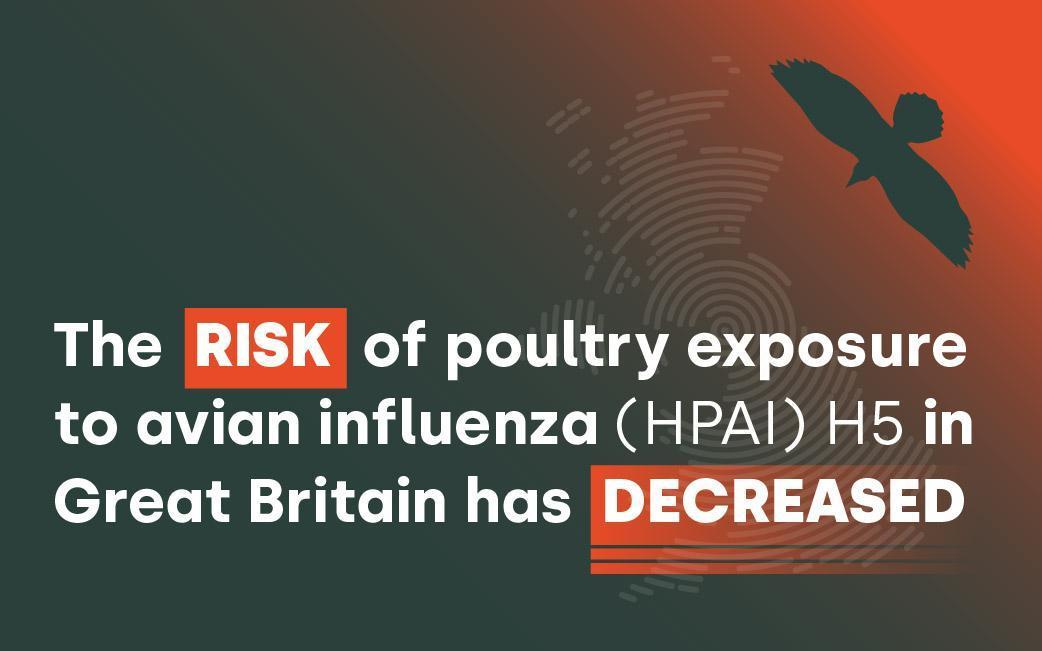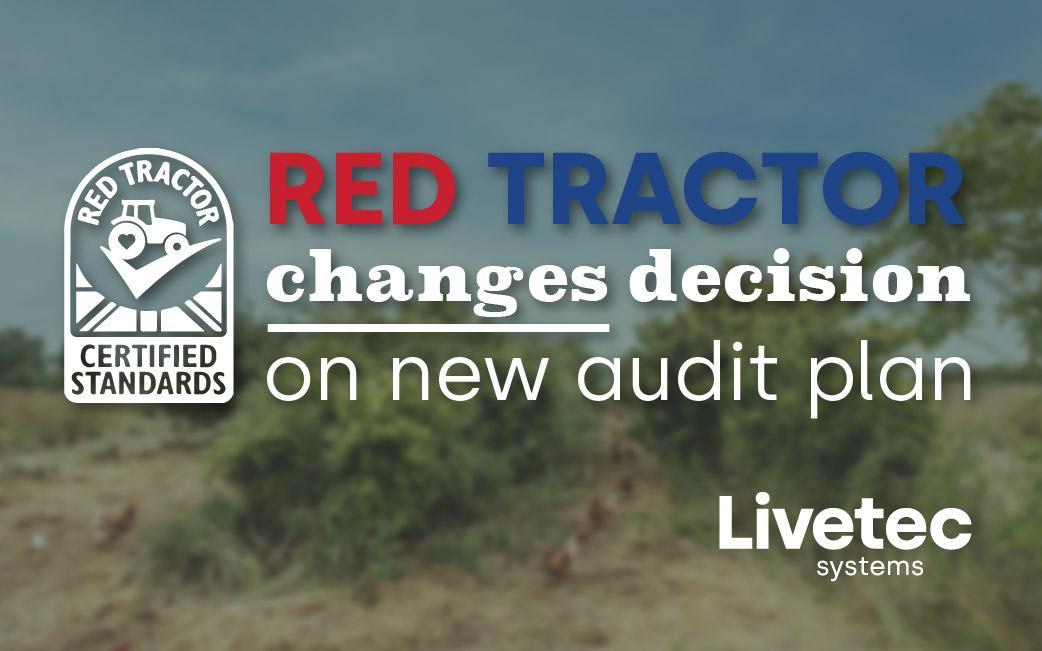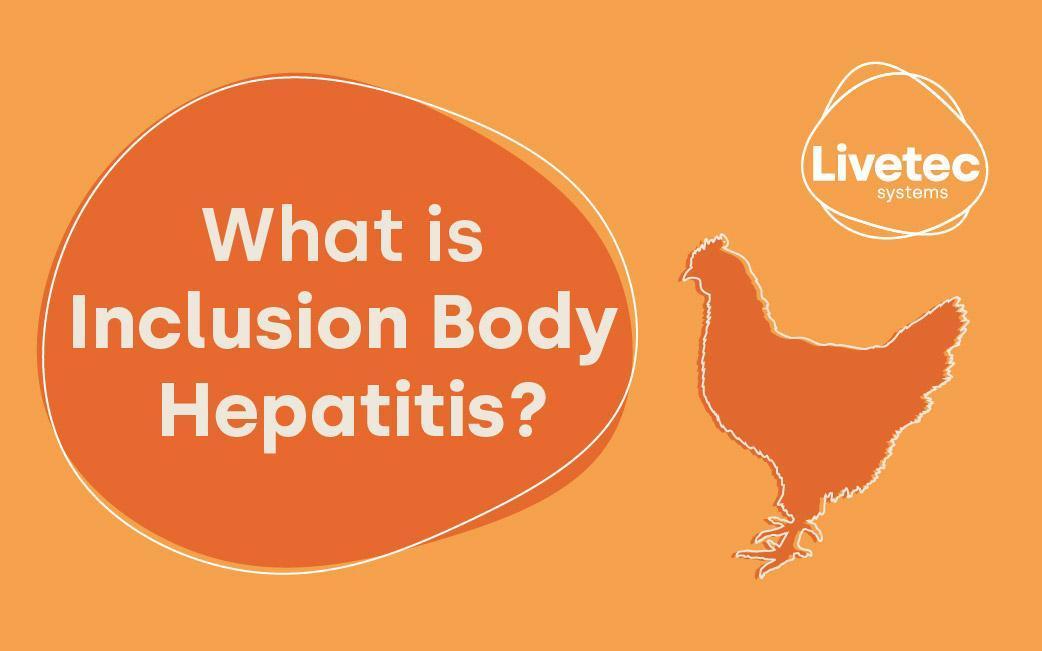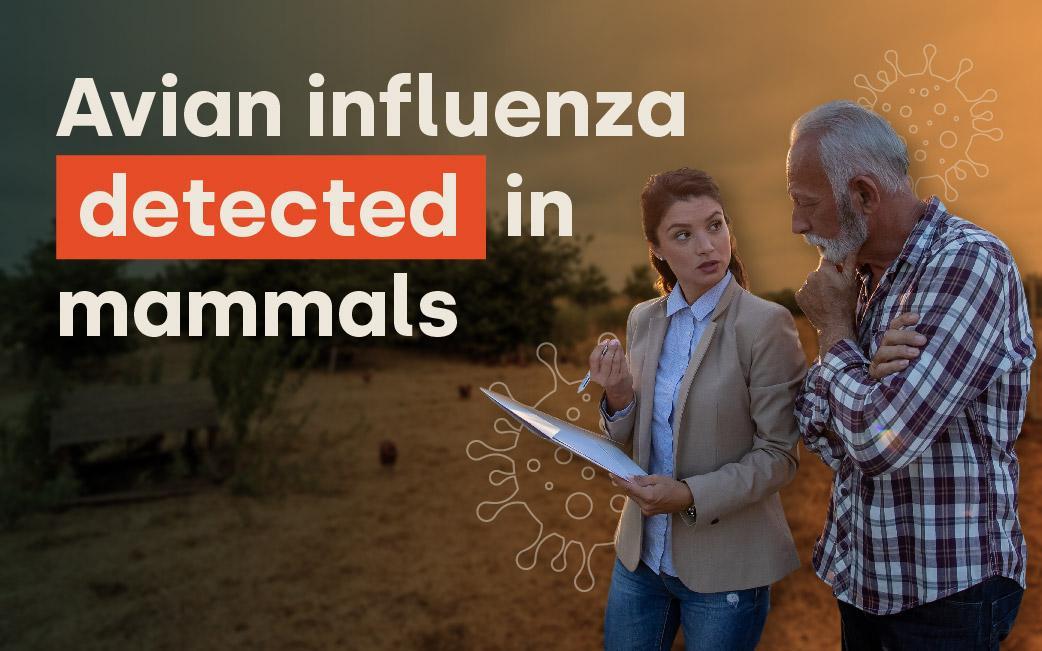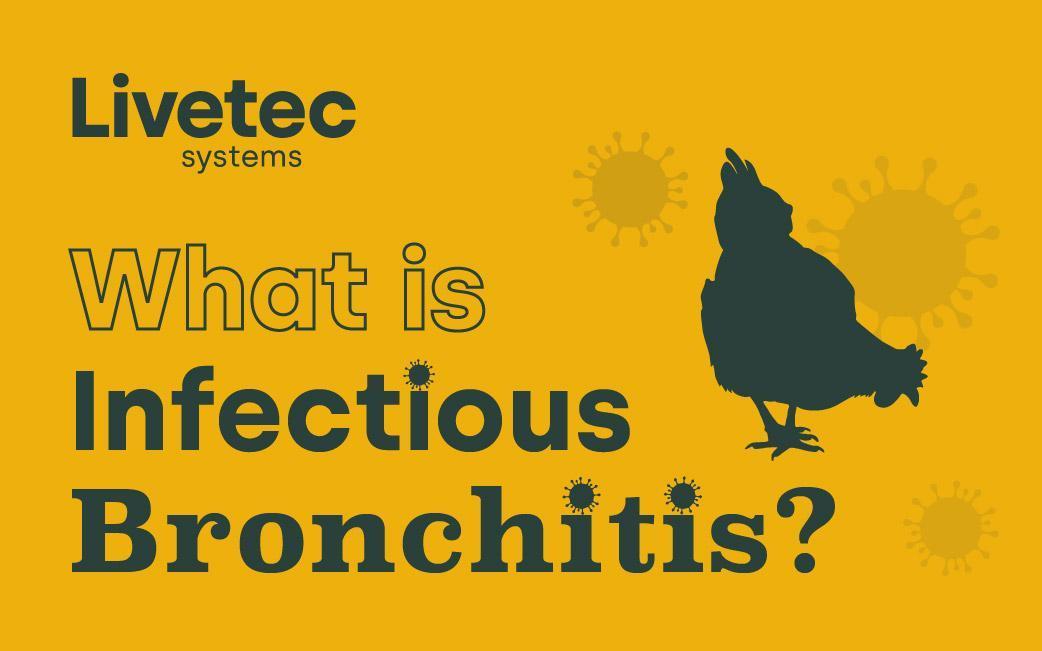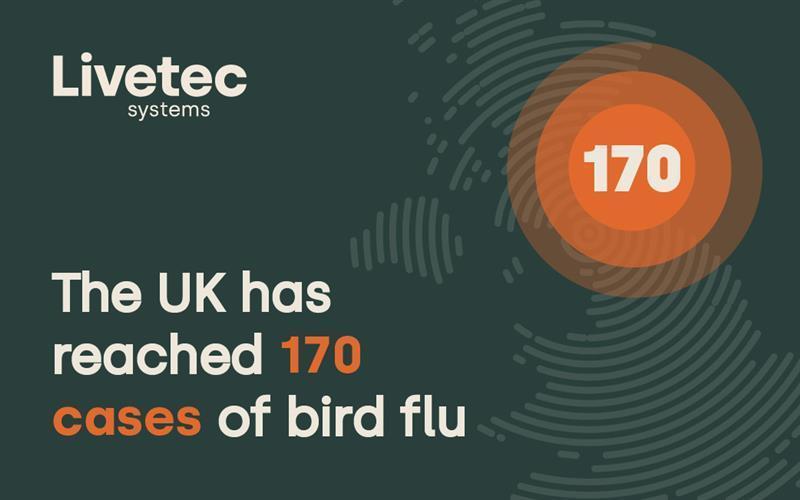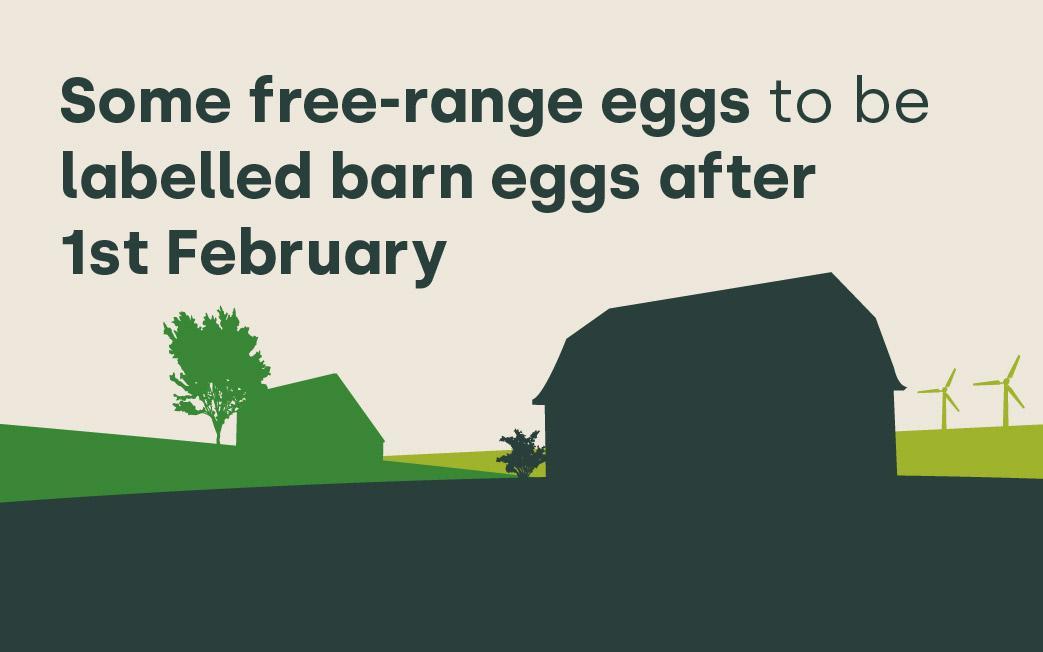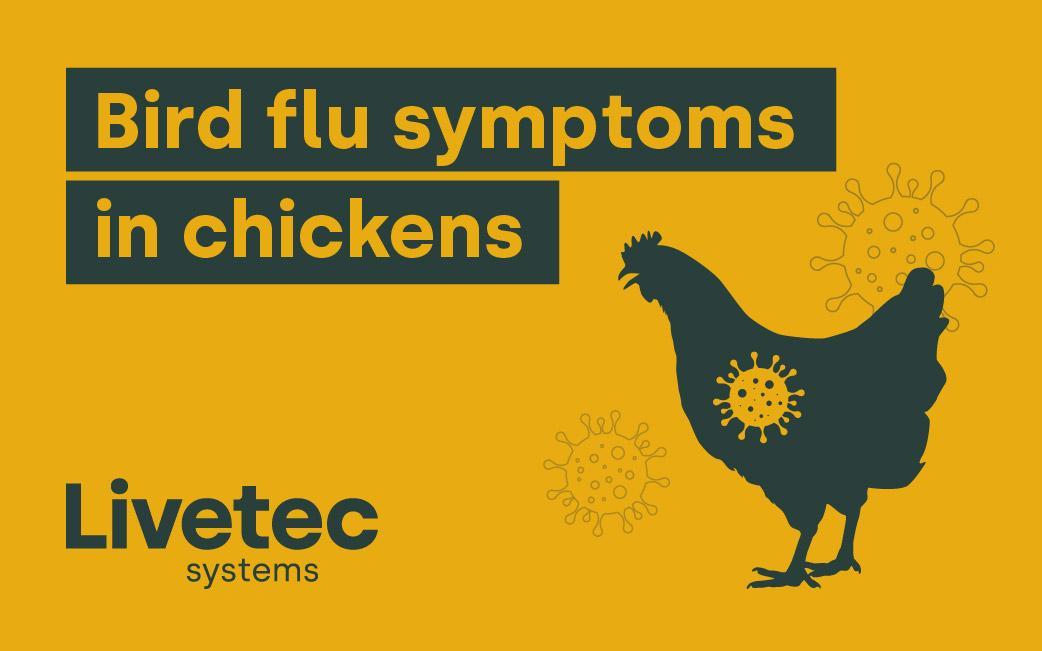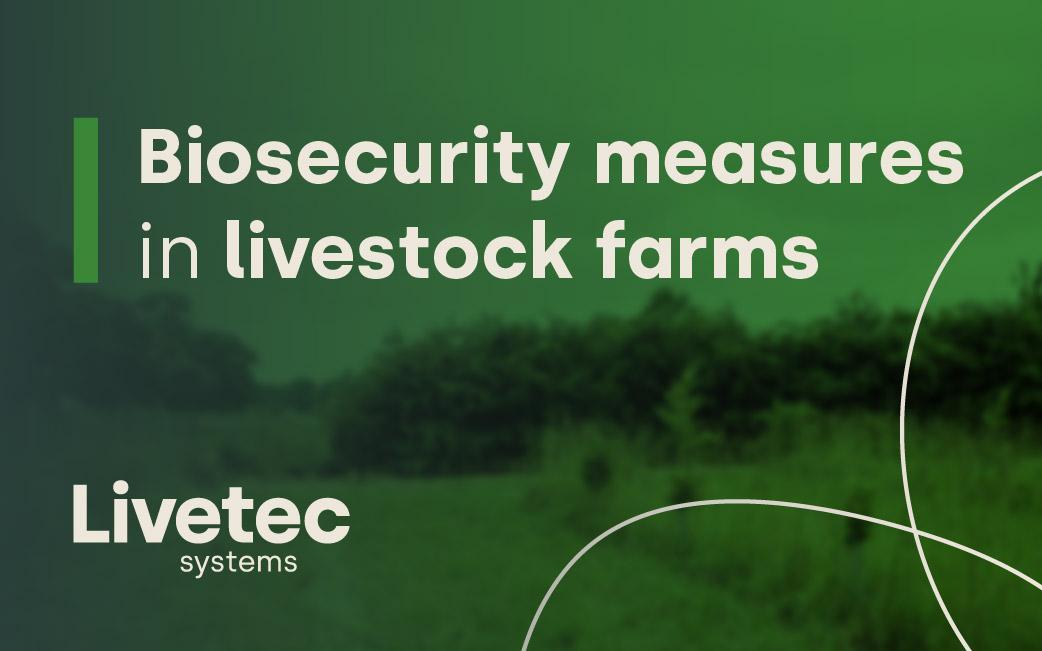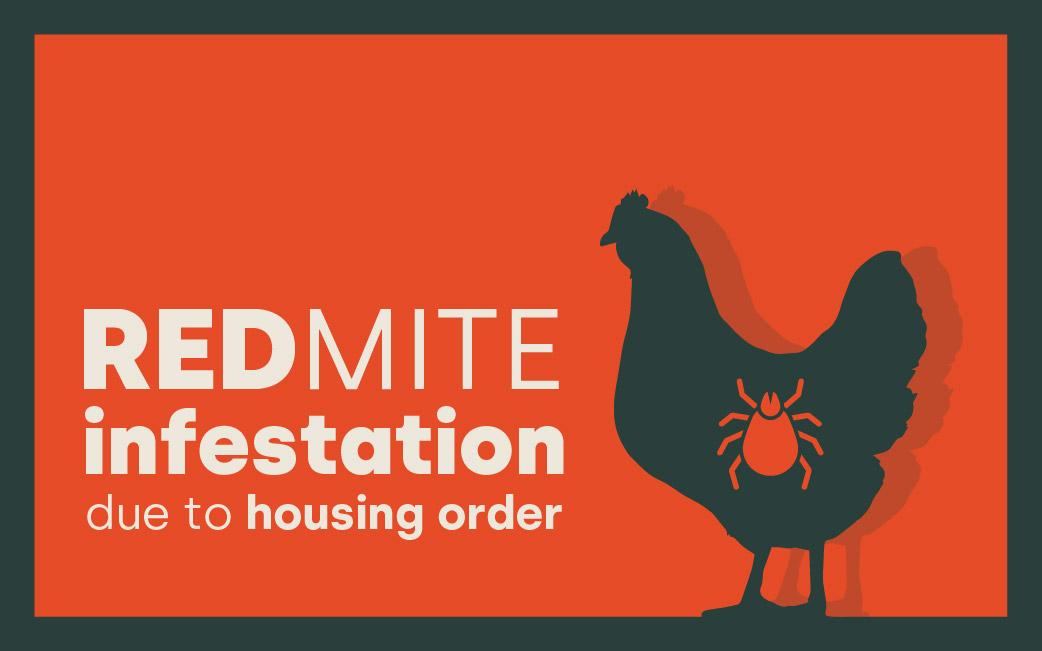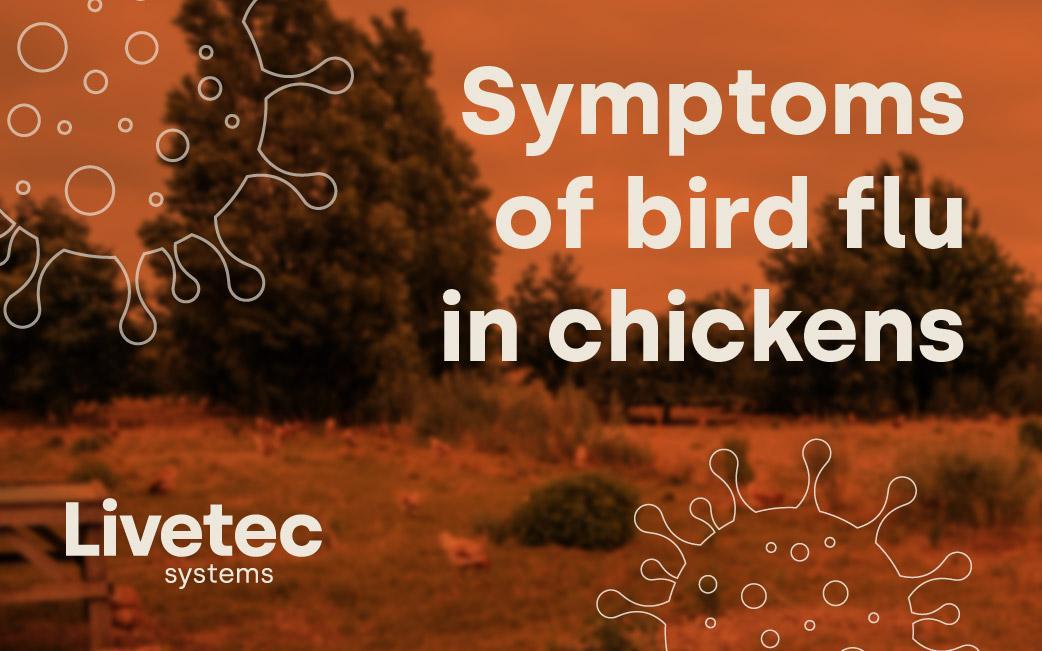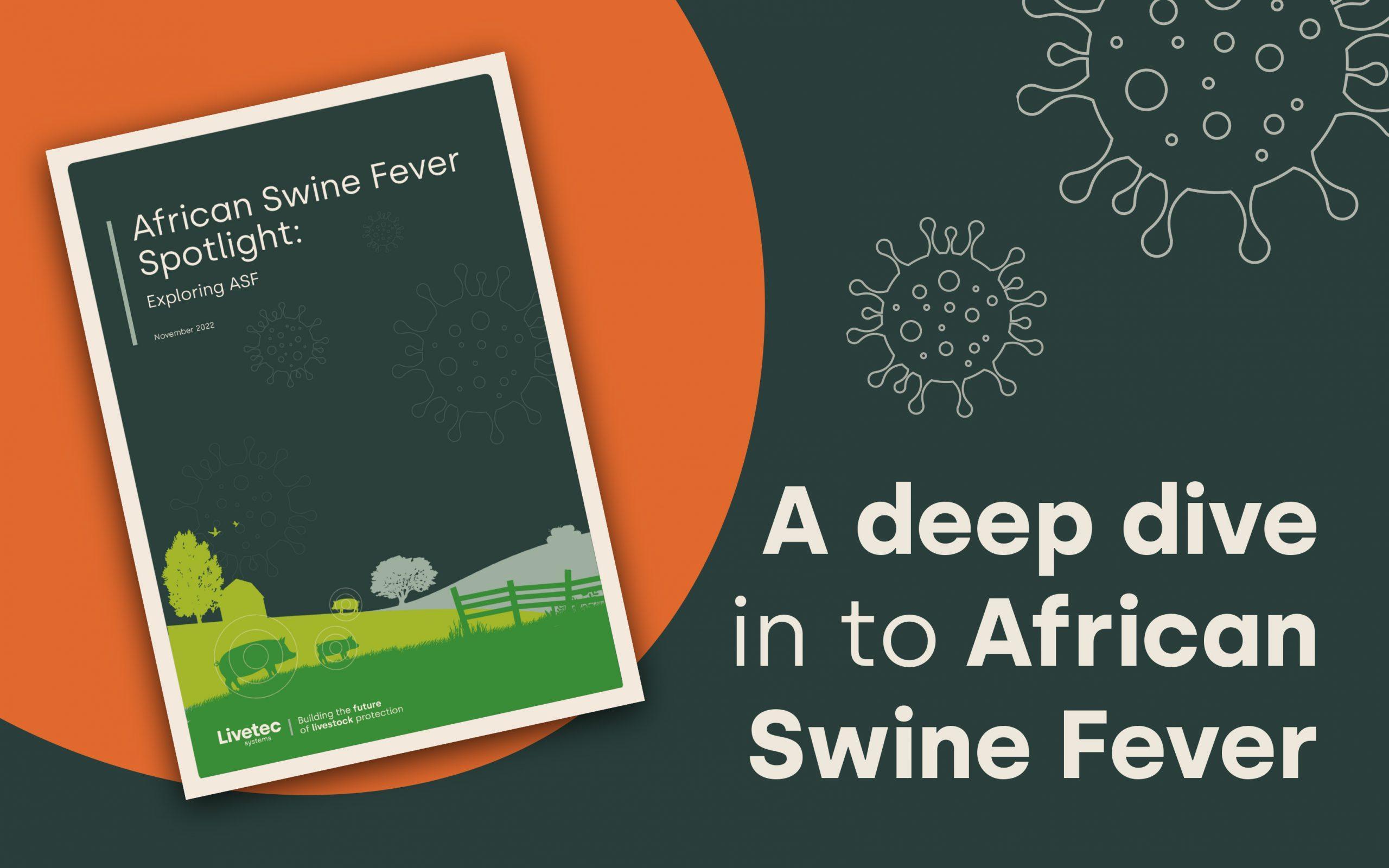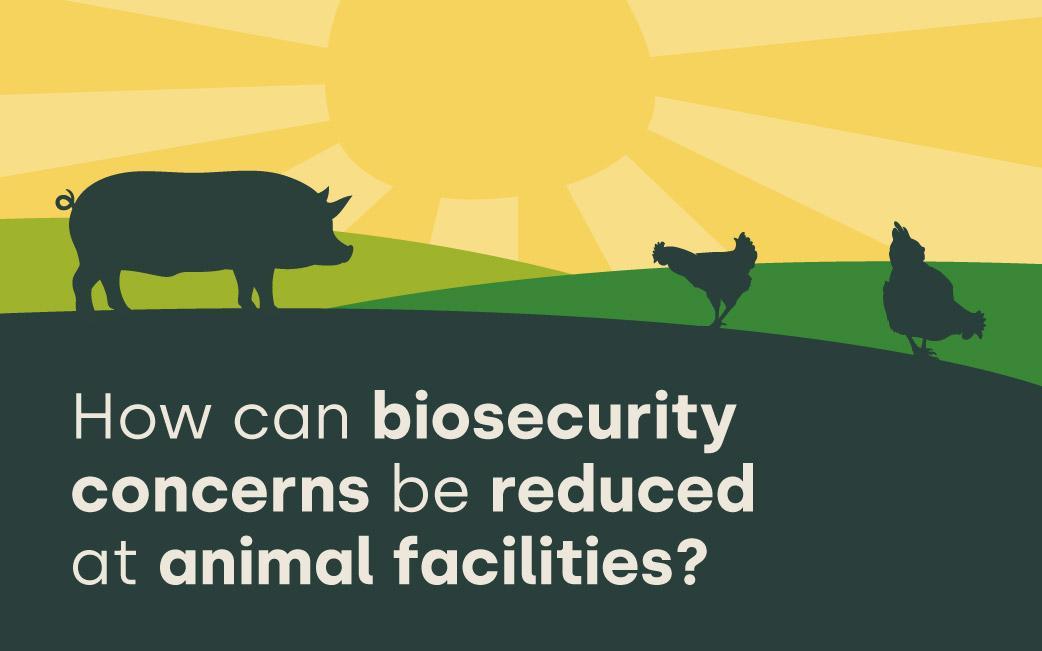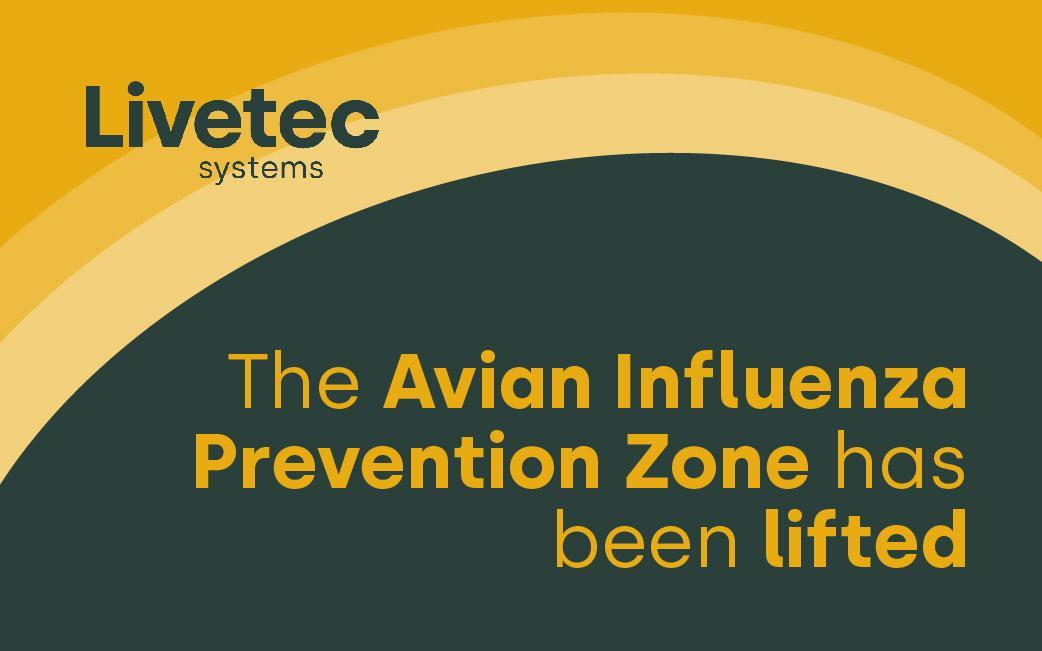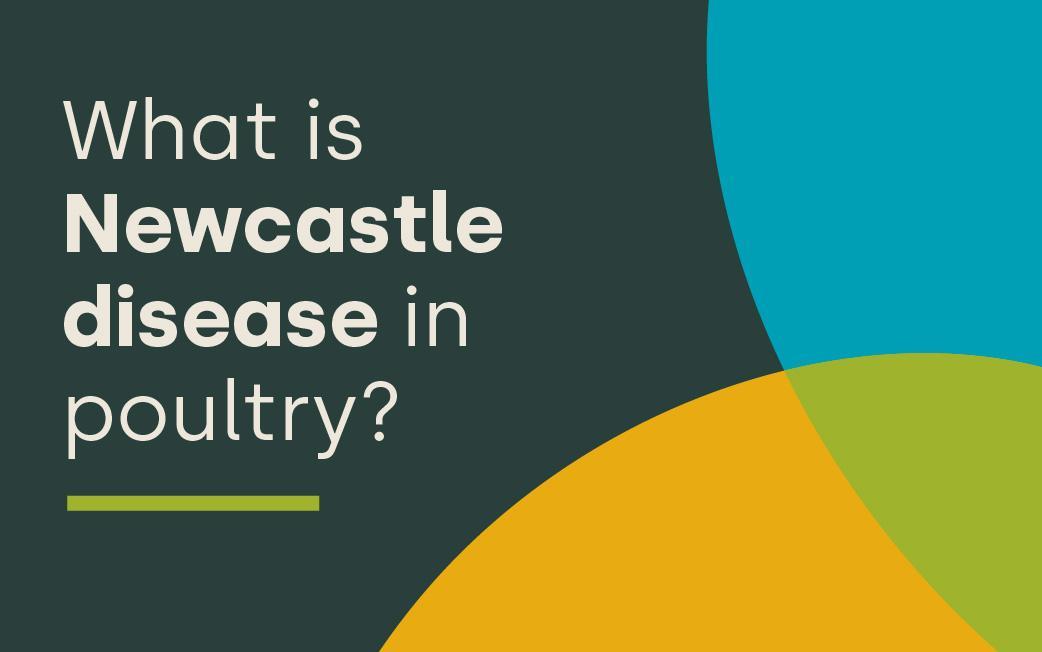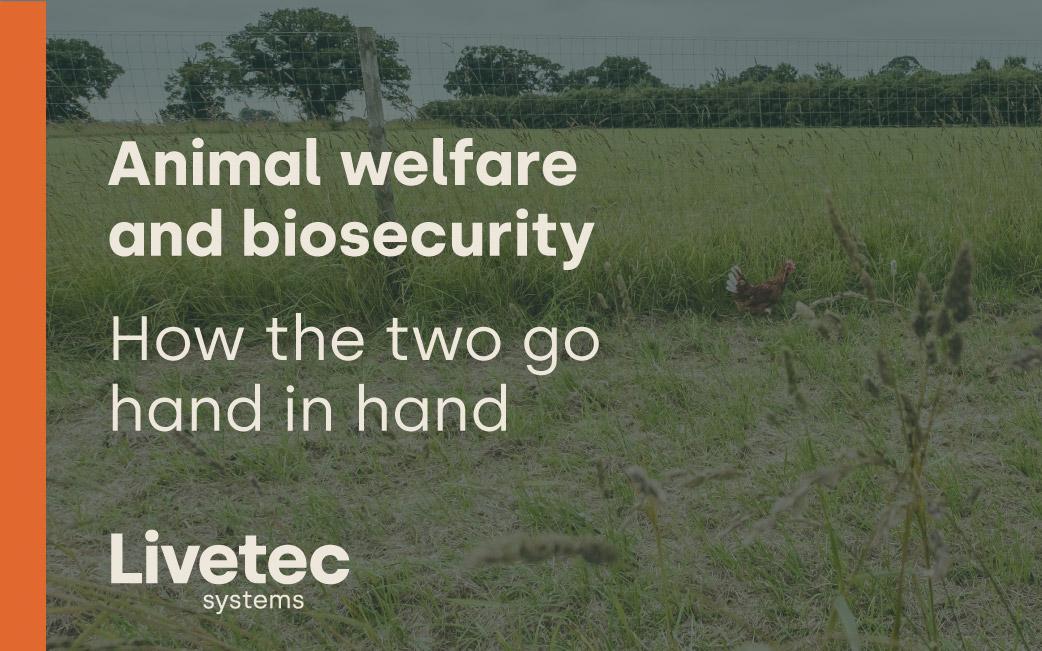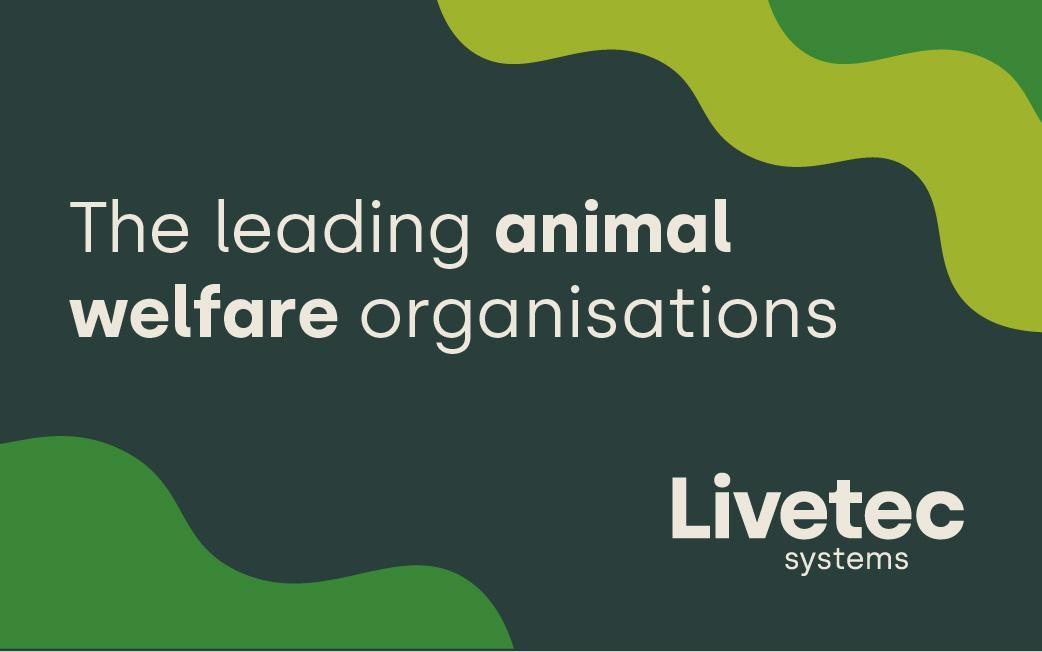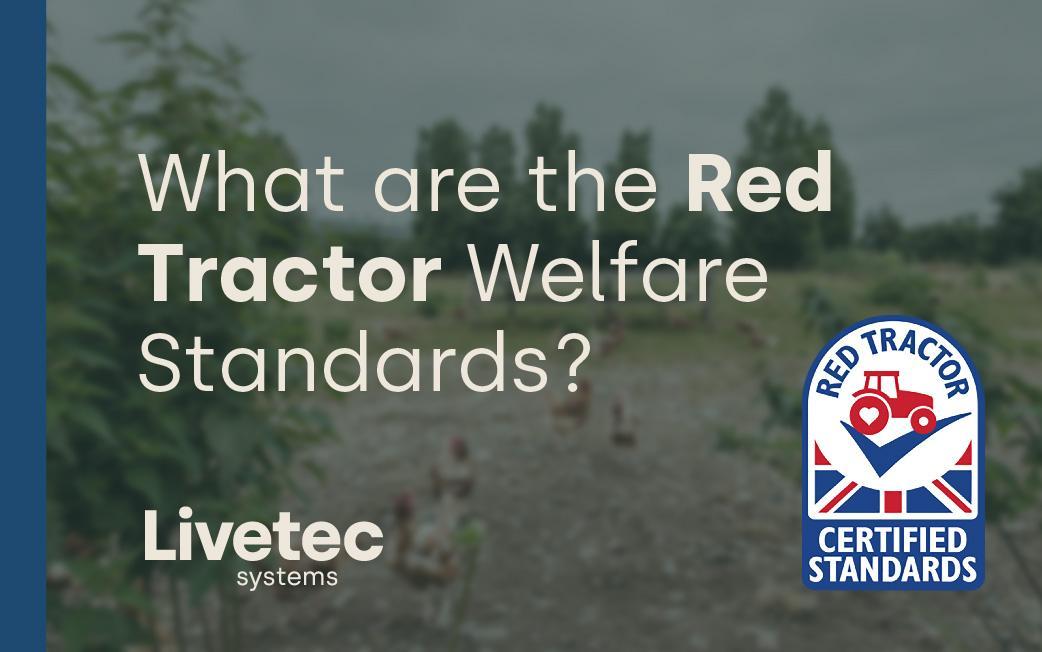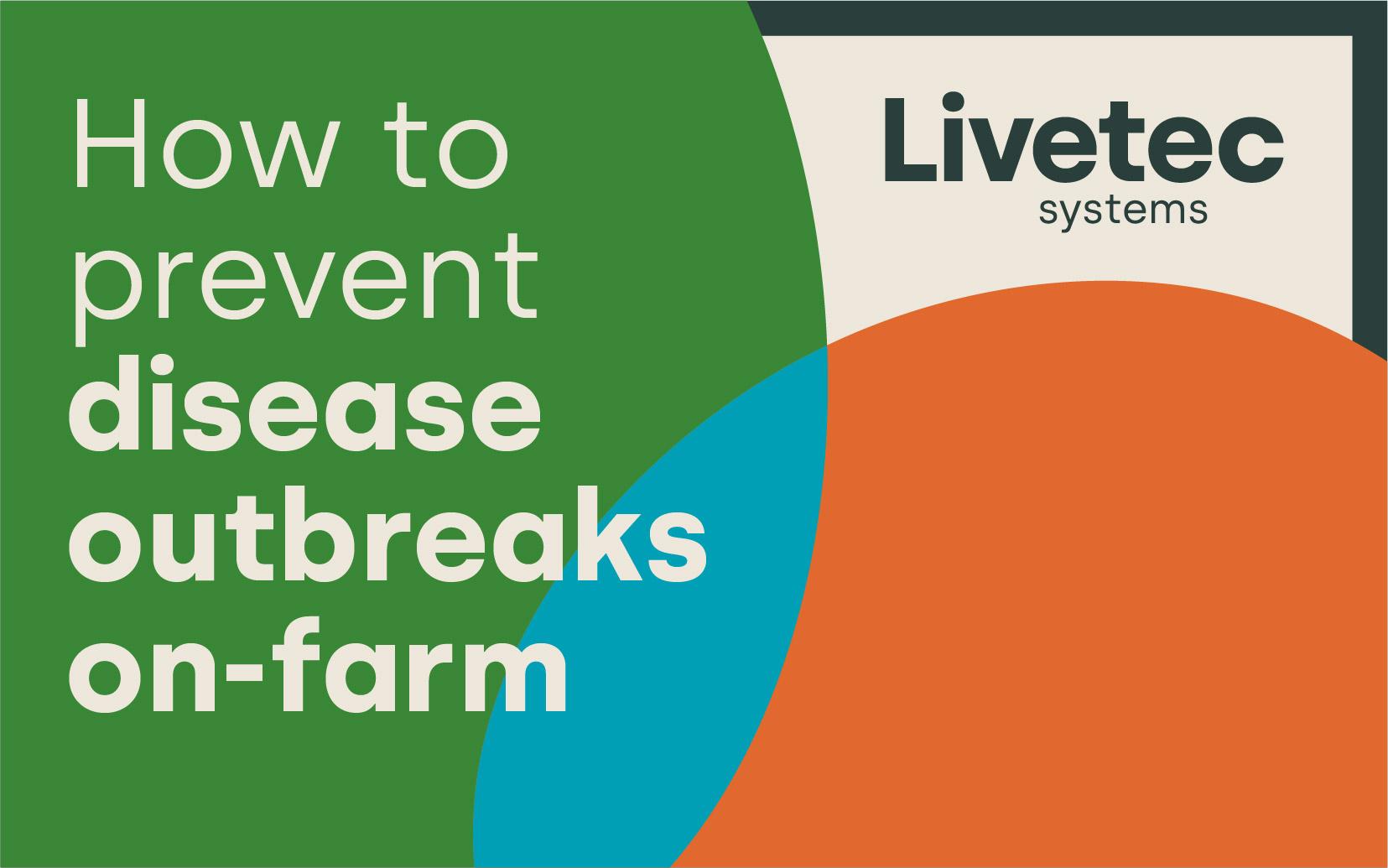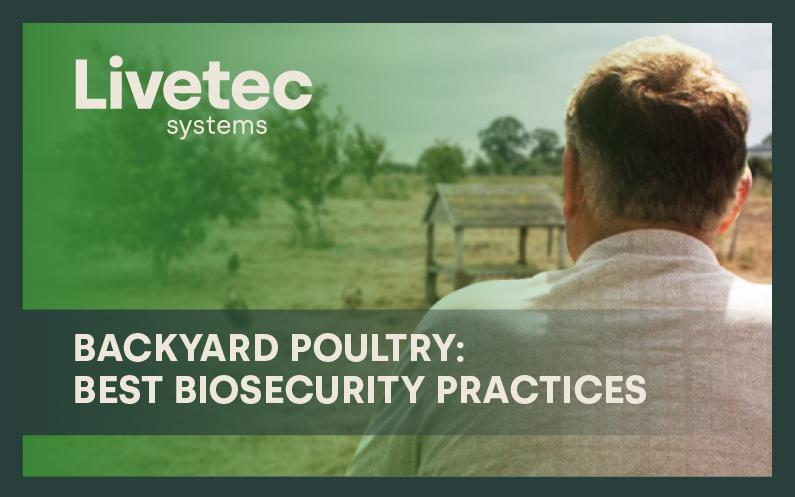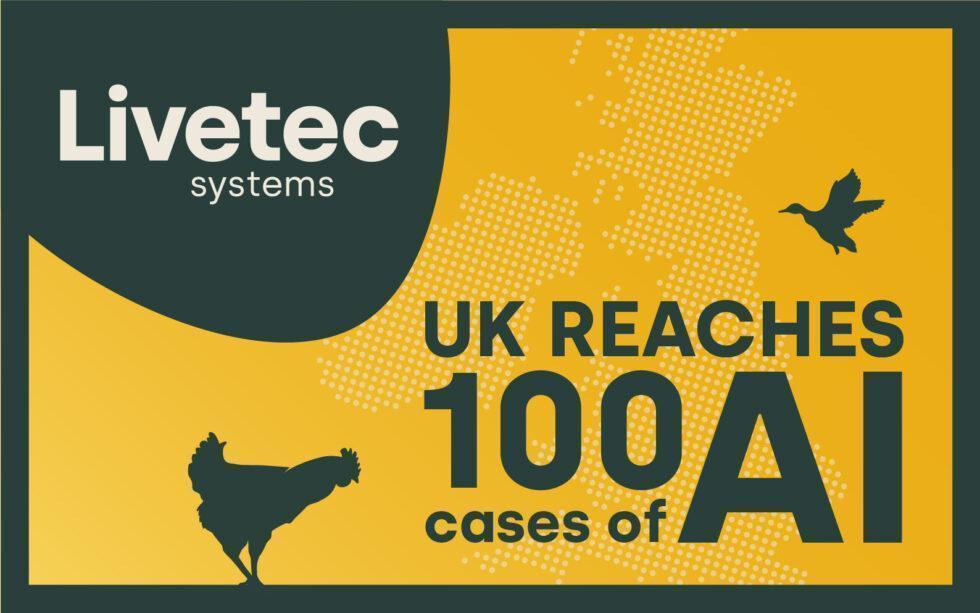As of June 1st, 2022, the agricultural workforce consisted of approximately 301,000 individuals. Farmers accounted for more than half of this number, comprising 60% of the workforce, including spouses, business partners, and directors. As the number of farmers continues to rise, it is crucial to recognise the potential impact of the agricultural lifestyle on individuals’ mental health and overall well-being.
Mental health in the agricultural industry
A report published by the UK parliament, research revealed a deeply concerning reality. It highlighted that farmers were 2.5 times more likely to experience thoughts of life being unbearable. This distressing finding emphasises the high vulnerability of farmers to mental illness, often leaving them feeling trapped without a clear path forward.
Surveys among farmers also indicated that most believe that mental health is the biggest problem in agriculture. Insights from surveys conducted among farmers consistently point to a widely held belief that mental health represents the foremost challenge in the realm of agriculture. Notably, an overwhelming 88% of young farmers who took part in the survey identified poor mental health as the leading hidden problem faced by farmers today.
In a heart-wrenching revelation, official records from 2019 documented the deeply saddening reality of 102 suicides among agriculture workers and those employed in related trades in England and Wales. This stark statistic highlights the urgent need for compassionate support and mental health resources within these communities.
The level of ill mental health tends to be underestimated. It is challenging to seek mental health support in any capacity, and with a lot of pressure added to managing a farm, including rising costs and the continual threat of a disease outbreak, the mental health of farmers can take a toll.
Factors of mental health in farmers
There are many factors which can contribute to farmers’ ill mental health, which have been broken down into three segments, the first of which is referred to as farm stressors. Farm stressors encompass a range of challenging factors that contribute to the strain experienced by farmers. These stressors include enduring long hours, living at work, sleep deprivation, familial obligations, coping with traumatic events such as unpredictable weather conditions and uncontrollable circumstances, agricultural crimes, and physical health issues arising from injuries and exposure to chemicals.
Contextual stressors encompass various external factors that contribute to the stress experienced by individuals. These stressors include negative public perception, fluctuations in prices, debt burden, and changes in policies. These external pressures can significantly impact the well-being and stability of individuals, adding to the overall stress and anxiety levels they face.
Barriers to accessing support services involve several factors that hinder individuals from seeking assistance. These barriers include the presence of stigma, limited mental health education, a patriarchal culture, and a lack of anonymity. These obstacles can impede individuals from seeking the help they need, further exacerbating the challenges they face in terms of mental well-being.
Mental health support for farmers
In 2018, the Farm Safety Foundation created an annual campaign called ‘Mind Your Head’ to raise awareness for mental health and wellbeing in farmers. Farmers and the agricultural industry collaborate to tackle the issue of stress, poor mental health and anxiety in farming. The 2023 campaign ran from 13th February to 17th February when there had been uncertainty about the farming business which led to mental health in farmers deteriorating .
Additionally, the Agriculture and Horticulture Development Board (AHDB) have provided resources on their website with regards to mental health support. This includes podcasts, booklets to help farmers improve their knowledge in mental health education. There are also links to charities which can support the mental health wellbeing for farmers including The Farming Community Network, The DPJ Foundation and The Royal Agricultural Benevolent Institution (R.A.B.I).
Mental health and wellbeing is important to maintain, and according to research, unfortunately working in farming and agriculture can increase the risk of poor mental health. Tragically, many farmers have succumbed to the burdens associated with this way of life. That’s why Livetec warmly embraces the availability of numerous services aimed at supporting the mental health and well-being of farmers, especially during times of uncertainty and mounting pressures.
How Livetec can support you
Livetec are leaders in biosecurity. The team consists of experts who can design tailored biosecurity plans to help protect your premise and livestock. Livetec has developed well-researched solutions that are supported by professional bodies. The solutions adhere to government guidelines.
Livetec is here to support farmers in biosecurity and take some pressure off a demanding lifestyle.
For more information, contact the Livetec Biosecurity Advisory Service team today by clicking here.
Introducing the National Outbreak Plan
The National Outbreak Plan (NOP) comprises instructions for recognising and officially acknowledging a disease outbreak, effectively navigating regulatory frameworks and laws, handling media communications, and successfully manoeuvring through imposed restrictions. The NOP provides:
- A how-to guide for disease declaration
- Information reporting when zones are implemented
- Explanation of movement restrictions
- Movement licensing and their conditions of use
- Zone definitions and their requirements
- How to deal with the media
- Farming related support services and mental health planning
- A guide on how to change or update your CPH number
- Updates of the Governments exotic diseases control and AI policy
- An acronym glossary to quickly define key terms






